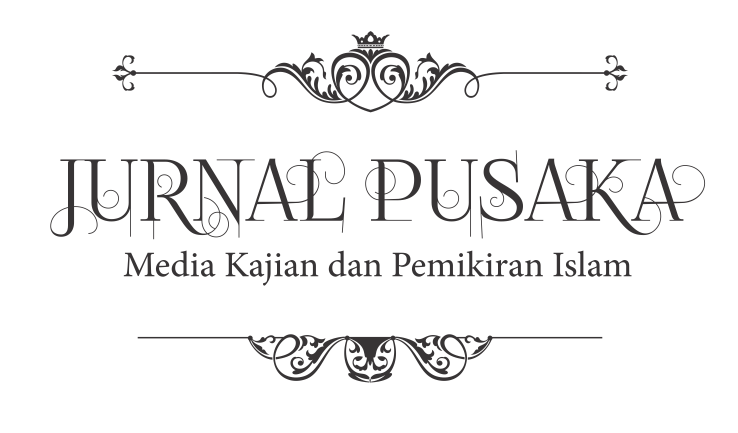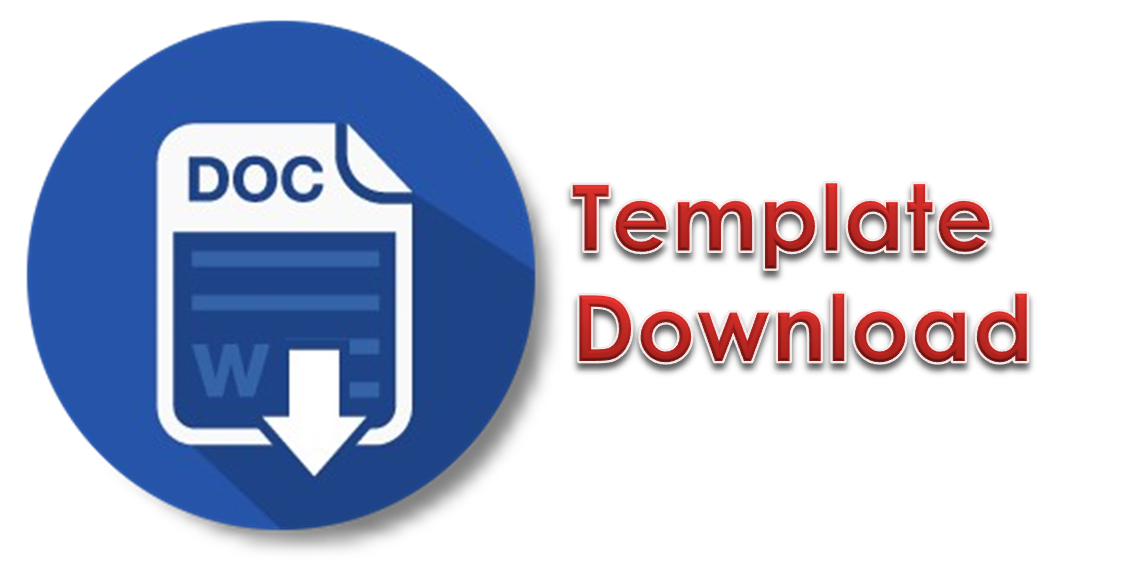Menelaah Implementasi Metode Yanbua
DOI:
https://doi.org/10.35897/ps.v14i1.1448Abstract
The significance of Al-Qur'an education can be explained about the importance of Al-Qur'an education in forming a quality young generation. The implementation of the Yanbua'a method of Al-Qur'an education is applied in formal and informal educational institutions so that it is possible to emphasize that education is something that is quite a principle in life. Apart from that, the younger generation is taught about the meaning and purpose of life through teaching the Koran. The Qur'an teaches that life has a greater purpose than simply achieving material goals. The Yanbu'a method was originally a method of reading and writing the Al-Qur'an which was compiled by the caretakers of the Central Java Tahfidz Yanbu'ul Qur'an Pondok, including KH. M. Ulin Nuha Arwani, KH. M. Manshur Maskan, and KH. M. Ulil Albab Arwani. One of the aims of developing this method is to harmonize existing methods for reading and writing the Koran, such as the Iqro' method, Qiro'ati method, Ummi method, Baghdady method, and others. The Yanbu'a method has the following characteristics: (a) Designed using Rasm Utsmany; (b) Consists of seven volumes; (c) Very easy to learn and understand; and (d) Easy for teachers and students. Examining the concepts built into the basis of the Yanbu'a method of Al-Qur'an learning, a knot can be drawn that: (1) The implementation of the Yanbu'a method of Al-Qur'an learning is carried out through a thorough planning flow. (2) Implementation of the Yanbu'a method of studying the Qur'an clearly achieves maximum results.
Key words: Islamic education; learning methods; yanbu’a; implementation; Al-Qur’an
Downloads
Downloads
Published
How to Cite
Issue
Section
License
Copyright (c) 2024 JURNAL PUSAKA

This work is licensed under a Creative Commons Attribution 4.0 International License.



